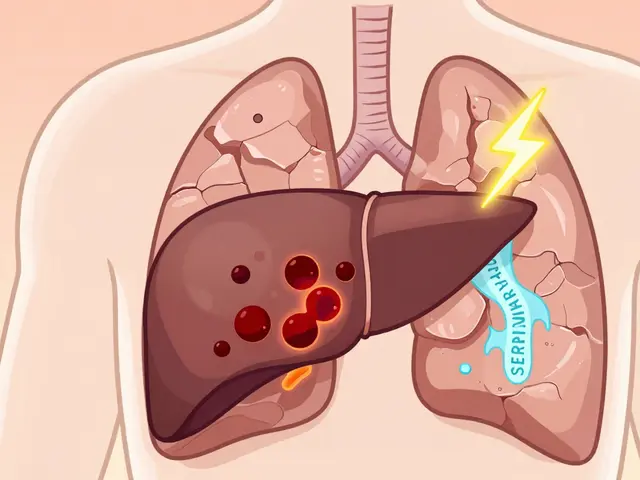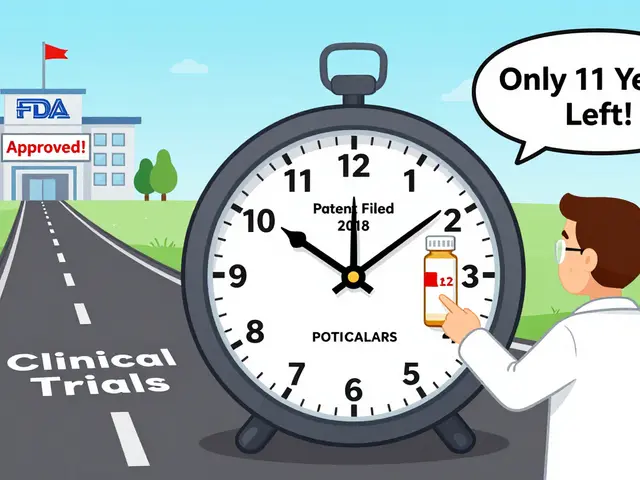CYP3A4 Inducers: What They Are and Why They Matter
If you take prescription drugs, you’ve probably heard doctors mention "CYP3A4" at some point. It’s an enzyme that breaks down many medicines in your liver and gut. When something speeds up that enzyme, it’s called a CYP3A4 inducer. The faster the enzyme works, the less of your medication stays in your body, which can make the drug less effective.
Why should you care? Because a lot of common prescriptions – from cholesterol pills to birth control – rely on CYP3A4 to work properly. If you add an inducer without knowing, you could end up with a lower dose than needed. That might mean your condition isn’t controlled, or you miss out on the benefits of the drug.
Common CYP3A4 Inducers You Might Encounter
Here are some everyday items that can turn the enzyme up:
- St. John’s Wort – a herbal supplement used for mood support.
- Rifampin – an antibiotic often given for tuberculosis.
- Carbamazepine – a seizure medication.
- Phenytoin – another anti‑seizure drug.
- Phenobarbital – a sedative that’s sometimes used for seizures.
- Smoking – the chemicals in cigarette smoke can boost the enzyme.
- Certain antiretrovirals – some HIV medicines act as inducers.
Notice that many of these are prescription meds themselves. That means doctors often know the risk and adjust doses accordingly. The tricky part is over‑the‑counter products and herbs, which people assume are harmless.
Tips to Manage Inducer Interactions
First, keep a list of every medication, supplement, and herbal product you use. Share that list with any new doctor or pharmacist.
Second, ask your pharmacist if a drug you’re starting is known to be affected by CYP3A4. They can check the interaction database and let you know if a dose change is needed.
Third, if you love a supplement like St. John’s Wort, talk to your doctor before adding it. Sometimes there’s a safer alternative that won’t mess with the enzyme.
Fourth, watch for signs that a medication isn’t working. For example, if your cholesterol medicine stops lowering your numbers, or birth control pills cause spotting, an inducer could be the reason.
Lastly, avoid smoking if you can. It doesn’t just affect the lungs; it can change how many drugs work in your body.
Managing CYP3A4 inducers is mainly about staying informed and communicating with your health team. A small change – like dropping a herbal supplement or adjusting a dose – can keep your treatment on track and avoid unwanted side effects.
Remember, the goal isn’t to scare you away from supplements or medicines. It’s to make sure they help you the way they’re supposed to. Keep that list, ask questions, and you’ll be in control of how your meds work.
Alpelisib Drug Interactions: What to Avoid, What’s Safe, and How to Manage
Clear, practical guide to alpelisib (Piqray/Vijoice) interactions: what to avoid, statin and warfarin cautions, acid reducers, diabetes meds, and smart monitoring steps.
Read More





